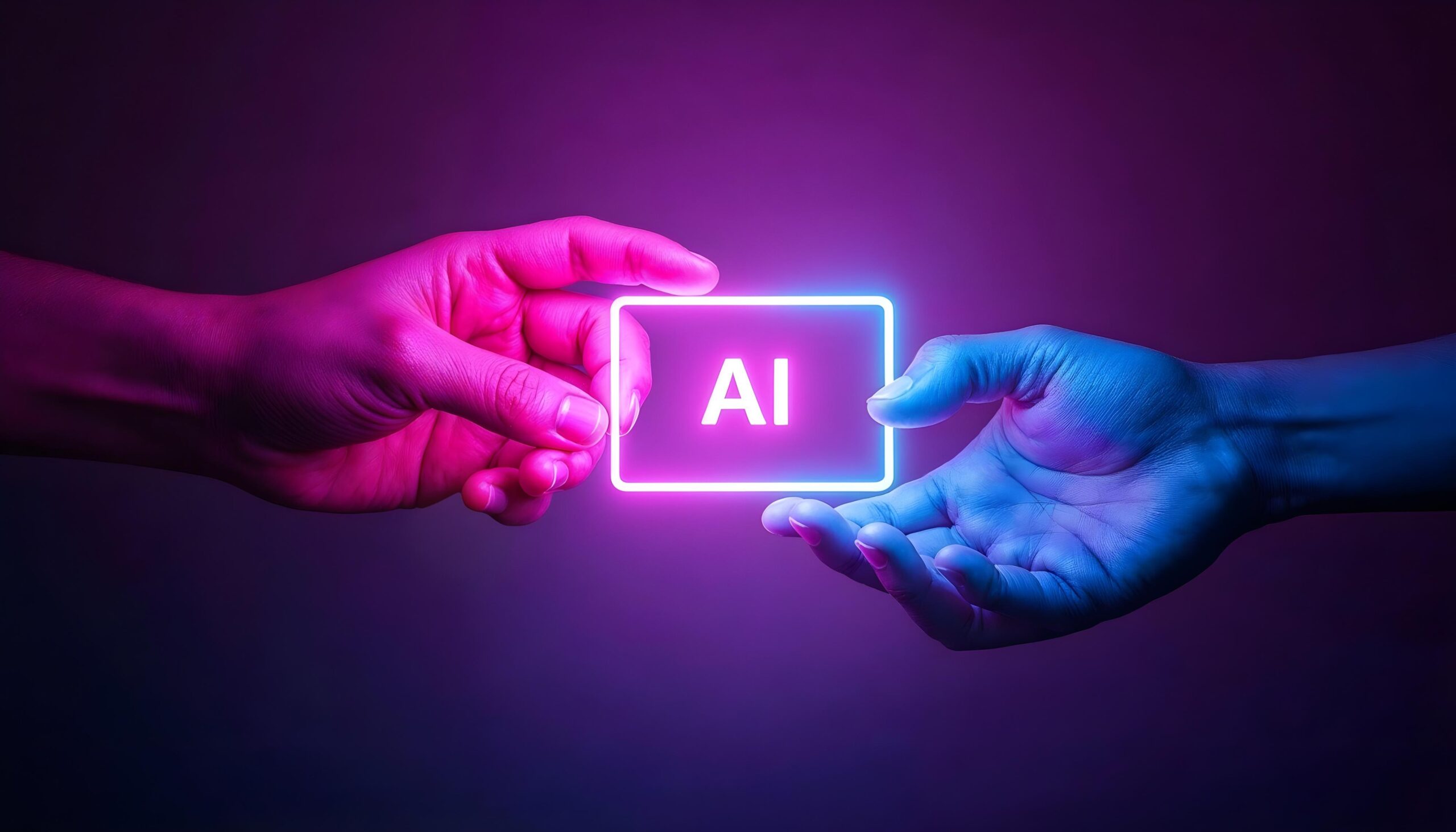Platform workers: a new invisible class
Perhaps you've already ordered a meal delivered by a courier, booked a car via an app or hired a freelancer online. Behind these fast, seamless services are the platform workersThis is a rapidly expanding population. Their activity is based on powerful digital tools, capable of assigning missions, measuring their effectiveness and paying them almost instantly. But behind this modernity lies a much more fragile reality: the digital insecurity.
This expression reflects a situation where technological dependence creates economic and social instability. The platform workers are the first to witness this. Their daily lives are marked by the absence of a contract, fluctuating incomes and constant pressure from algorithms over which they have no control.


The mirage of freedom
Many enter this system with the idea of freedom: choosing your own hours, being your own boss, multiplying sources of income. You might think that this flexibility offers a rare comfort. But this apparent autonomy comes with a very real sense of insecurity.
The platform workers do not benefit from the protective framework of salaried employment. No paid holidays, no full social security cover, no unemployment insurance. Every day without an assignment becomes a dead loss. In this context, the digital insecurity is not just about economic instability, but also about the psychological fragility that permanent uncertainty engenders.
This illusion of freedom masks a form of dependency. Platforms control access to work, set rates, rate performance and can suspend an account without clear justification. Can you imagine having to justify every decision to a machine? This is the reality for thousands of delivery drivers, chauffeurs and micro-workers.
Digital insecurity as the new social frontier
La digital insecurity is not just a question of employment. It's about dignity, recognition and the ability to plan for the future. Visit platform workers live in a grey area between independence and subordination. They are neither employees nor fully-fledged entrepreneurs. This legal vagueness often deprives them of the right to social protection, while exposing them to the pressure of algorithmic performance.
You've no doubt noticed the extent to which online ratings influence everything: a client's confidence, the visibility of a profile, the number of assignments given. A single negative comment can drastically reduce a worker's income. This dependence on digital reputation creates a form of permanent anxiety, fed by opaque rules and automatic decisions.
The platform workers find themselves at the crossroads of two worlds: the digital world, which promises efficiency and freedom, and the world of precarious work, which deprives them of security and fundamental rights.
The invisible power of algorithms
This makes the digital insecurity What is so insidious is the opacity of the systems that govern these platforms. Algorithms determine visibility, remuneration and sometimes even access to assignments. You can be disadvantaged without ever understanding why.
The platform workers do not talk to a manager, but to an interface. The algorithm becomes their superior. It monitors response times, speed of execution and customer evaluations. Every piece of data becomes a control lever.
This kind of algorithmic management is transforming our relationship with work. Tasks are fragmented, anonymous and often underpaid. Some online micro-workers have to carry out thousands of actions for a derisory income. Others, like delivery drivers, depend on precise geolocation and a reliability score. You can see here how technology, which is supposed to liberate, becomes an instrument of subtle domination.
Towards collective awareness
Fortunately, the situation is beginning to change. Unions, associations and platform workers are emerging in many countries. Their aim: to gain recognition for their rights and redefine the rules of the digital game.
In Europe, several court rulings have reclassified self-employed workers as employees, ruling that dependence on platforms is tantamount to a relationship of subordination. This is a major step forward, but it still varies from country to country.
La digital insecurity remains a global issue. The major platforms operate without borders, but social protection remains national. So you understand the discrepancy: a globalised economic model managed by local laws. As long as this imbalance persists, the platform workers will continue to suffer the shortcomings of a system that benefits from deregulation.
Avenues for a fairer future
How can we break this deadlock? First, by recognising the specific nature of these new forms of employment. We need to build an appropriate legal framework that offers both protection and flexibility.
Secondly, platforms must assume social responsibility. They hold the data, set the rules and profit from the work. You can imagine a digital economy where transparency becomes a founding principle. Making algorithms auditable, allowing platform workers These measures would be concrete steps towards a fairer economy.
Finally, training plays an essential role. Getting out of the digital insecurityIt also means acquiring solid digital skills and understanding the tools and strategies for online visibility. The more an employee masters their digital environment, the more control they can regain.
A collective and moral challenge
The platform workers embody a new reality of work. They symbolise the contradictions of our times: technological innovation and social fragility, freedom on display and hidden dependence.
As a society, we need to question our consumer habits. Every time you click to order a service, a flesh-and-blood person performs the task. Behind every application is a network of human lives whose stability depends on algorithmic decisions.
La digital insecurity will not disappear on its own. It requires us to think deeply about the value of work in the digital age. Recognising the rights of platform workersIt means recognising that technology must not be allowed to erase social justice.
Conclusion
The platform workers are not forgotten by progress. They are its mirror, revealing our collective choices. Faced with digital insecurityIt's not a question of rejecting technology, but of putting the human back into it.
You have the power to support a fairer model: by demanding transparency, valuing social responsibility and rethinking the place of work in the digital society. Because real progress is measured not by the speed of an application, but by the dignity of those who make it work.













